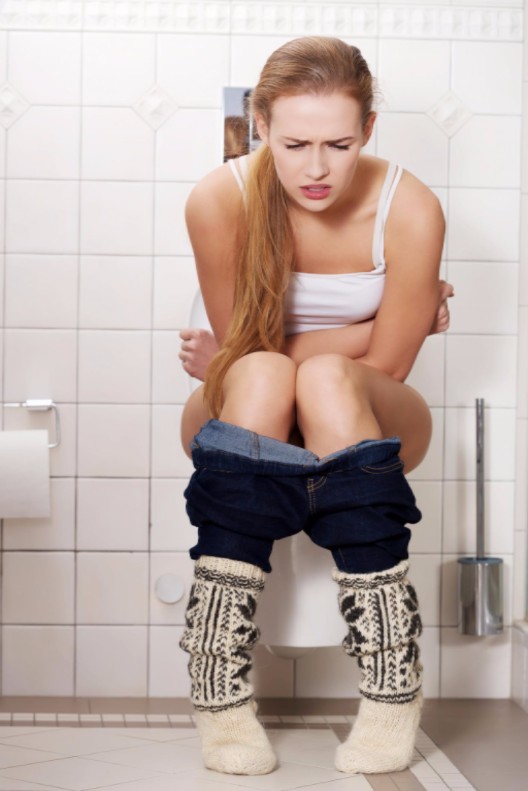
Yeast infections are hardly uncommon, with the majority of women experiencing at least one yeast infection over their lifetime. Yeast infections are caused by an imbalance between the yeast and bacteria naturally present within the vagina, causing uncomfortable itching and burning. While there are many factors that cause yeast infections, the following have proven to be the most common:
Diabetes
Women who suffer from diabetes have reported an increase in yeast infections. When blood sugar levels get too high, yeast responds by eating the excess glucose and multiplying, which creates the imbalance of a yeast infection. Eating foods that are high in sugar can have the same effect on yeast levels.
Antibiotics
Antibiotics are designed to attack bacteria within the body, but their effects are not limited to bad bacteria. The vagina’s good bacteria can also be targeted, resulting in an imbalance and an overproduction of yeast. Antibiotics are considered the most common cause of yeast infections.
Weak Immune System
Whether caused by stress, diet or a more serious disease, a weak immune system can prevent the body from fighting off yeast infections, making them much more common.
Hormonal Imbalances
Any rise in estrogen, whether through oral contraceptives or during a pregnancy, brings with it an increased risk of yeast infection. Estrogen encourages the growth and endurance of yeast. It’s also for this reason that the risk of yeast infection increases just before a woman’s period or around menopause.
Douching
While douching is designed to rid the vagina of harmful bacteria, it clears out the helpful bacteria as well. This leaves no bacteria at all to keep yeast levels in check. Continue reading: Douching, Don’t Do It!
Summer is around the corner, and it’s the perfect climate for yeast infections—hot, humid weather and wearing damp bathing suits for too long are causes, too! Check out our blog to learn more tips about avoiding yeast infections this summer.
You can also schedule an appointment at either of our Gainesville or Lake City locations to make sure you’re prepared and protected from a potential yeast infection.


